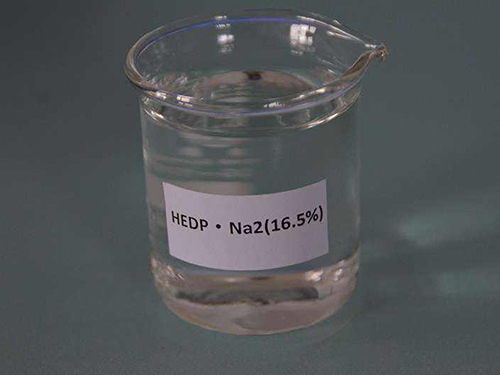Effective Strategies for Enhancing PBTC Scale Inhibitor Performance in Industrial Applications and Water Treatment
Exploring PBTC Scale Inhibitors An Essential for Water Treatment
In the realm of industrial water treatment, the management of scaling is crucial for ensuring operational efficiency and equipment longevity. One of the most significant contributors to scaling in water systems is the presence of calcium carbonate (CaCO₃) and other similar minerals. As such, the development of effective scale inhibitors has become a focal point for researchers and engineers alike. Among the variety of scale inhibitors available, PBTC (Phosphonobutane-1,2,3-tricarboxylic acid) has gained substantial attention due to its efficacy and environmental friendliness.
What is PBTC?
PBTC is a highly effective organic phosphonic acid that functions as a scale inhibitor and dispersant in aqueous systems. Its unique molecular structure allows it to inhibit the crystallization of minerals, thereby preventing the formation of scale on equipment such as heat exchangers, boilers, and cooling towers. Scale formation can lead to reduced heat transfer efficiency, increased energy consumption, and ultimately, costly downtime for maintenance and repair.
Mechanism of Action
The primary mechanism by which PBTC acts as a scale inhibitor involves its ability to interfere with the nucleation and growth of scale-forming crystals. The phosphonic acid groups in PBTC bind to the surfaces of these crystals, altering their morphology and preventing them from adhering to surfaces. This action not only reduces the amount of scale formation but also facilitates the dispersion of already formed particles, keeping them suspended in the water and preventing deposition on equipment.
Advantages of PBTC
pbtc scale inhibitorpbtc

One of the noteworthy benefits of PBTC is its high tolerance to varying pH levels, making it effective across a range of water chemistries. Unlike traditional phosphates, PBTC is less prone to encouraging eutrophication in receiving waters when discharged, which aligns with environmental regulations aimed at reducing nutrient pollution in aquatic systems. Furthermore, PBTC is biodegradable, adding an extra layer of appeal for industries seeking sustainable practices.
Another advantage is PBTC's effectiveness in preventing corrosion in metal components of water systems. When used in conjunction with other inhibitors, PBTC not only minimizes scale but also protects against the detrimental effects of corrosion, thereby contributing to the longevity of equipment.
Applications in Industry
PBTC is widely utilized in various industries, including power generation, petrochemicals, and municipal water treatment. Power plants, for example, benefit significantly from PBTC-based chemicals in their cooling water systems, where temperature fluctuations can exacerbate scaling issues. In the petrochemical industry, the presence of PBTC helps maintain the efficiency of heat exchangers and minimizes downtime caused by maintenance required for scale removal.
Municipal water treatment facilities also find PBTC useful for preventing scale in water distribution systems. With the rising demand for clean and safe drinking water, the need for effective treatment solutions that minimize maintenance needs is more critical than ever.
Conclusion
As industries continue to evolve and face challenges related to water treatment, the importance of effective and environmentally friendly scale inhibitors like PBTC cannot be overstated. With its remarkable efficiency, ability to prevent corrosion, and minimal environmental impact, PBTC stands out as a vital player in the quest for sustainable water management solutions. The ongoing research and development in this area promise to enhance our understanding and application of PBTC, ensuring it remains at the forefront of scale inhibition technology. As we navigate the complexities of water treatment, innovations in compounds like PBTC will undoubtedly play a crucial role in shaping a more sustainable future.
-
Understanding Polycarboxylic Acids: Properties, Applications, and Future PotentialNewsJul.28,2025
-
Scale Inhibitor Explained: How to Protect Your System from Limescale and Hard Water DamageNewsJul.28,2025
-
Scale and Corrosion Inhibitors: Essential Chemicals for Industrial Water System ProtectionNewsJul.28,2025
-
Polyaspartic Acid: A Biodegradable Polymer for Sustainable ChemistryNewsJul.28,2025
-
Isothiazolinones: A Versatile Antimicrobial Class with Industrial Power and Regulatory ChallengesNewsJul.28,2025
-
A Deep Dive into 2-Phosphonobutane-1,2,4-Tricarboxylic Acid (PBTC)NewsJul.28,2025





